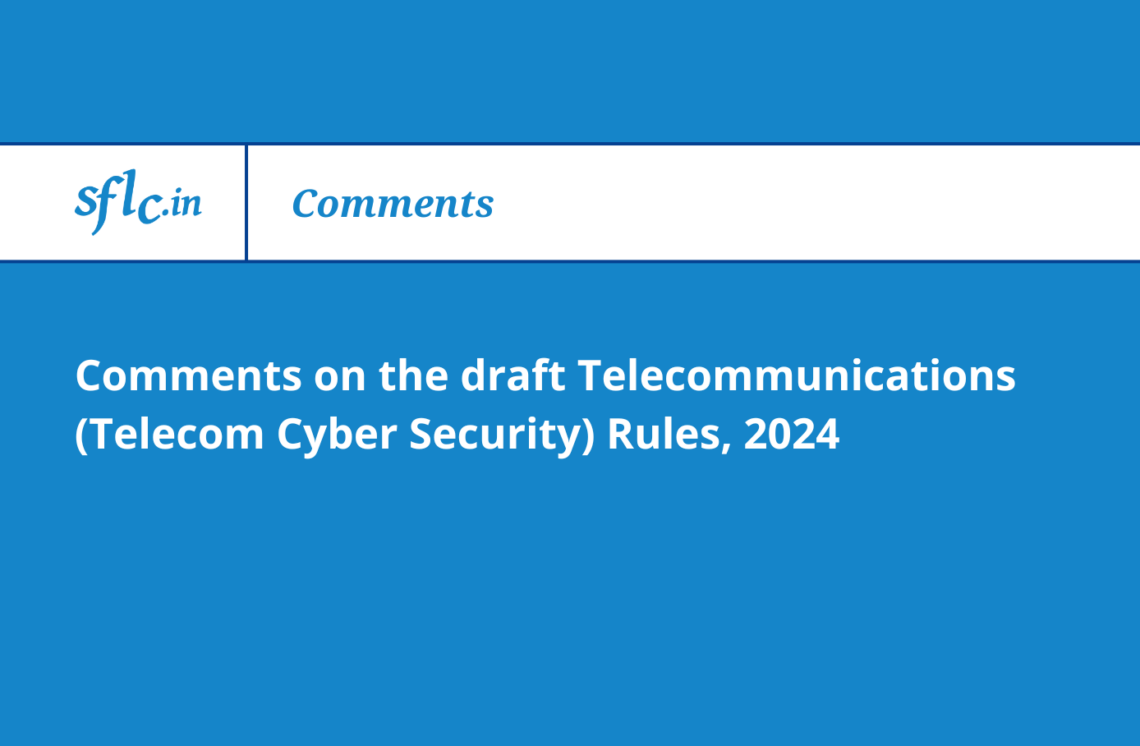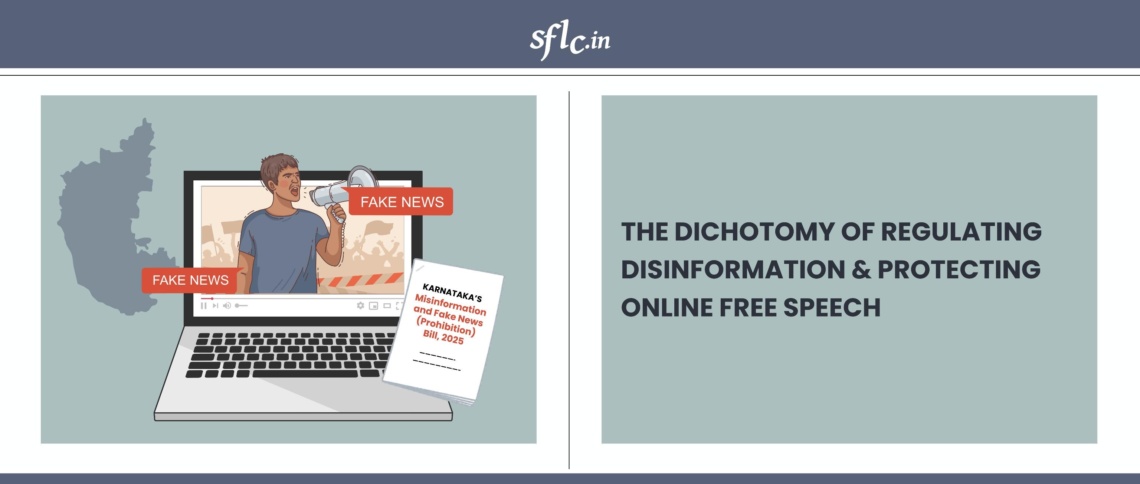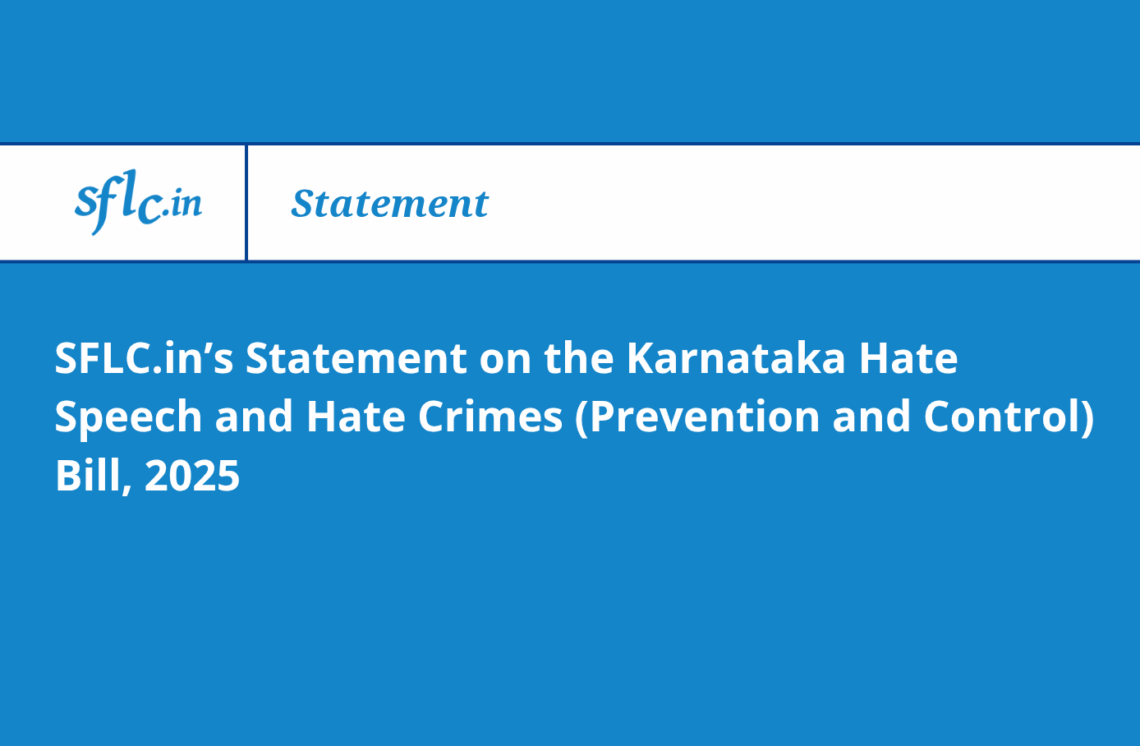The writ petitions sought judicial intervention to restrain media houses from sensationalizing the unnatural death of a movie actor, arguing that speculative reporting and “media trials” not only defamed the police but also obstructed investigations by prematurely declaring guilt. The petitioners contended that such reporting exceeded the bounds of Article 19(1)(a) (free speech) by fostering public disaffection toward law enforcement. The court acknowledged the critical role of media in democracy but emphasized that freedom of speech is not absolute and must operate within constitutional and legal limits. It observed that the media had repeatedly crossed the “Lakshman Rekha” by publishing unverified, exaggerated, or distorted content, undermining the rule of law and fair investigation. Stressing that “no price is too high” to uphold administrative justice, the court ruled that media has a duty to report accurately, avoiding embellishments or speculative narratives that could prejudice ongoing inquiries. While upholding press freedom, the judgment reinforced that responsible journalism—rooted in factual, unbiased reporting—is essential to balance free expression with the integrity of legal processes.




